SGGPO
The program aims to help coffee growers gain practical and scientific knowledge, thereby contributing to increasing productivity, quality, and income associated with green growth...
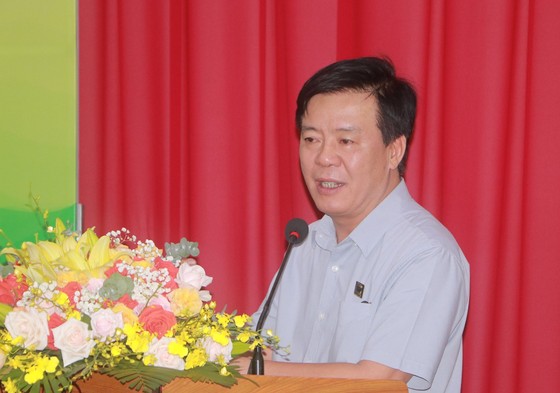 |
| Mr. Ngo Van Dong, General Director of Binh Dien Fertilizer Joint Stock Company spoke at the conference. |
On June 14, in Buon Ma Thuot City ( Dak Lak ), Binh Dien Fertilizer Joint Stock Company coordinated with the National Agricultural Extension Center and the Central Highlands Agricultural and Forestry Science and Technology Institute to organize a conference to deploy the program "Smart coffee cultivation to adapt to climate change in the Central Highlands" for the period 2023-2025.
Urgency of the program
The Central Highlands is a key coffee production region (accounting for 92% of the country's area), contributing greatly to exports, with a lot of room for development. However, facing the situation considered urgent and aiming to build a smart coffee cultivation process adapting to climate change applicable to each province in the Central Highlands, Binh Dien Fertilizer Joint Stock Company and related parties (National Agricultural Extension Center, Central Highlands Agricultural and Forestry Science and Technology Institute, Department of Agriculture and Rural Development of 5 Central Highlands provinces, Agricultural Extension Stations of 15 participating districts in the program in 5 Central Highlands provinces) cooperate to implement the program "Smart coffee cultivation adapting to climate change in the Central Highlands" for the period 2023-2025.
The program helps produce sustainable coffee, reduce costs, and increase income for people and partners.
Over the years, because coffee production is often highly profitable, farmers have been over-cultivating coffee, almost not applying organic fertilizers, while inorganic fertilizers have been used many times more than recommended; watering coffee is also not really scientific, wasting water and causing erosion and leaching. Some households have not determined the right time for the first watering... All of the above factors have seriously degraded coffee growing soil, and the acidification process has occurred more quickly. Although there have not been many studies assessing the impact, it can be seen that the soil ecosystem (beneficial animals and microorganisms) has been greatly affected.
In addition, coffee production in the Central Highlands is greatly affected by climate change such as increased temperatures, uneven distribution of rain, and unusual droughts (rain in the dry season, drought in the rainy season) occurring more frequently. In the 2016 drought alone, 116,000 hectares of coffee were affected, of which Dak Lak had 56,000 hectares. The total coffee area lost due to drought was nearly 7,000 hectares (Department of Crop Production 2023).
The combined impact of biological and abiotic factors has made coffee production unsustainable. Soil-borne pests, especially yellow leaf and root rot, have forced hundreds of thousands of hectares of coffee to be replanted or even destroyed, shortening the business cycle of many areas and reducing economic efficiency.
According to the Department of Crop Production, the replanting area in the 2014-2020 period is up to 90,000 hectares and another 30,000 hectares need to be grafted and renovated, accounting for 18.5% of the total coffee area. The replanting plan will continue, with an estimated need to replant another 75,000 hectares and graft and renovate an additional 32,000 hectares by 2025.
Increase economic efficiency, reduce emissions
The program "Smart coffee cultivation adapting to climate change" will be implemented in 5 provinces of the Central Highlands with 15 key districts growing pure coffee and intercropping with durian and pepper.
The program aims to develop a complete technical package to help people who grow pure coffee or grow coffee mixed with durian or pepper gain practical and scientific knowledge, thereby applying it to cultivation, contributing to improving productivity, quality, increasing income associated with green growth, minimizing negative impacts on the environment, and reducing greenhouse gas emissions that the agricultural sector is proposing.
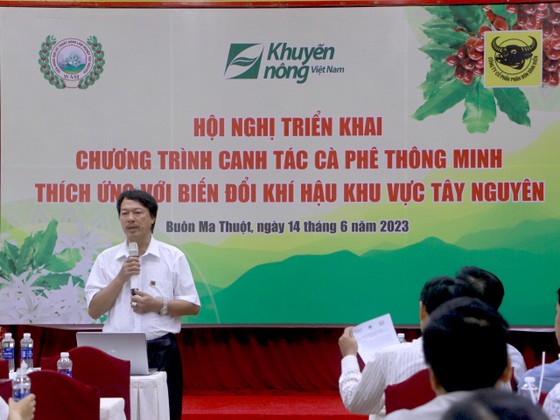 |
| Experts from Binh Dien Fertilizer Joint Stock Company analyze the positive impacts of the program if implemented properly. |
The conference to launch the program in Dak Lak is considered an important first step, focusing on introducing, discussing and exchanging on the selection of implementation locations, as well as training for participating staff in the coming time. The program will aim to find out the limitations and problems existing in pure and intercropped coffee gardens, in order to build a smart coffee cultivation process that adapts to climate change, bringing high economic efficiency and increasing income for people.
This ensures that there will be many in-depth experiments, from small to large scale, from field surveys of over 500 coffee farming households in 5 provinces of the Central Highlands, from analysis of 200 soil samples in coffee cultivation layers in pure plantations, intercropped (intercropped with durian, pepper), in old orchards, vigorous commercial orchards... to assess the impact of climate change on current coffee cultivation and forecast for the next 3 years, on coffee growing land as well as learning about soil biology. Ensuring that the results achieved will support coffee farmers in the Central Highlands region well, helping them apply and take advantage of the achievements of the program effectively.
Source




![[Photo] Prime Minister Pham Minh Chinh chairs the meeting of the Government Party Committee Standing Committee](https://vstatic.vietnam.vn/vietnam/resource/IMAGE/2025/8/23/8e94aa3d26424d1ab1528c3e4bbacc45)


![[Photo] General Secretary To Lam attends the 80th Anniversary of the Cultural Sector's Traditional Day](https://vstatic.vietnam.vn/vietnam/resource/IMAGE/2025/8/23/7a88e6b58502490aa153adf8f0eec2b2)

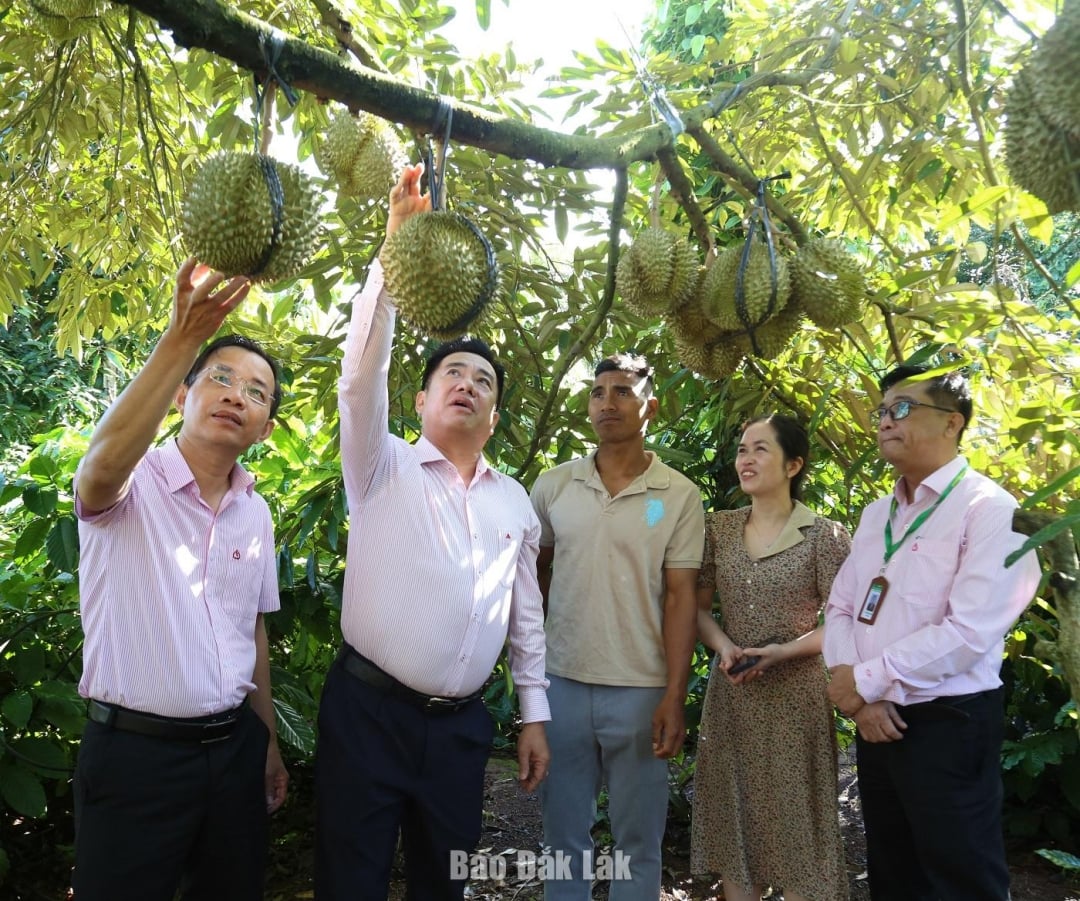



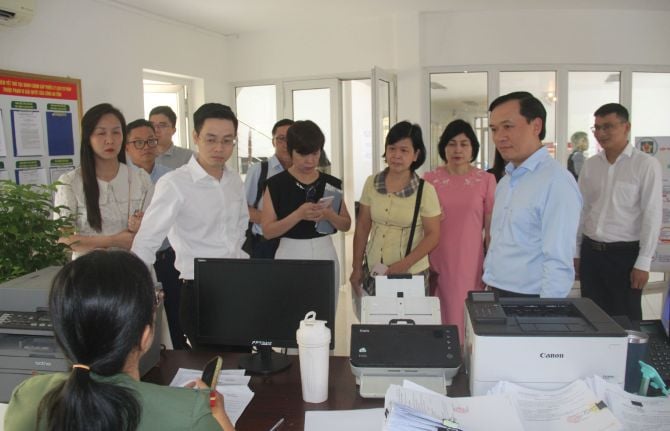

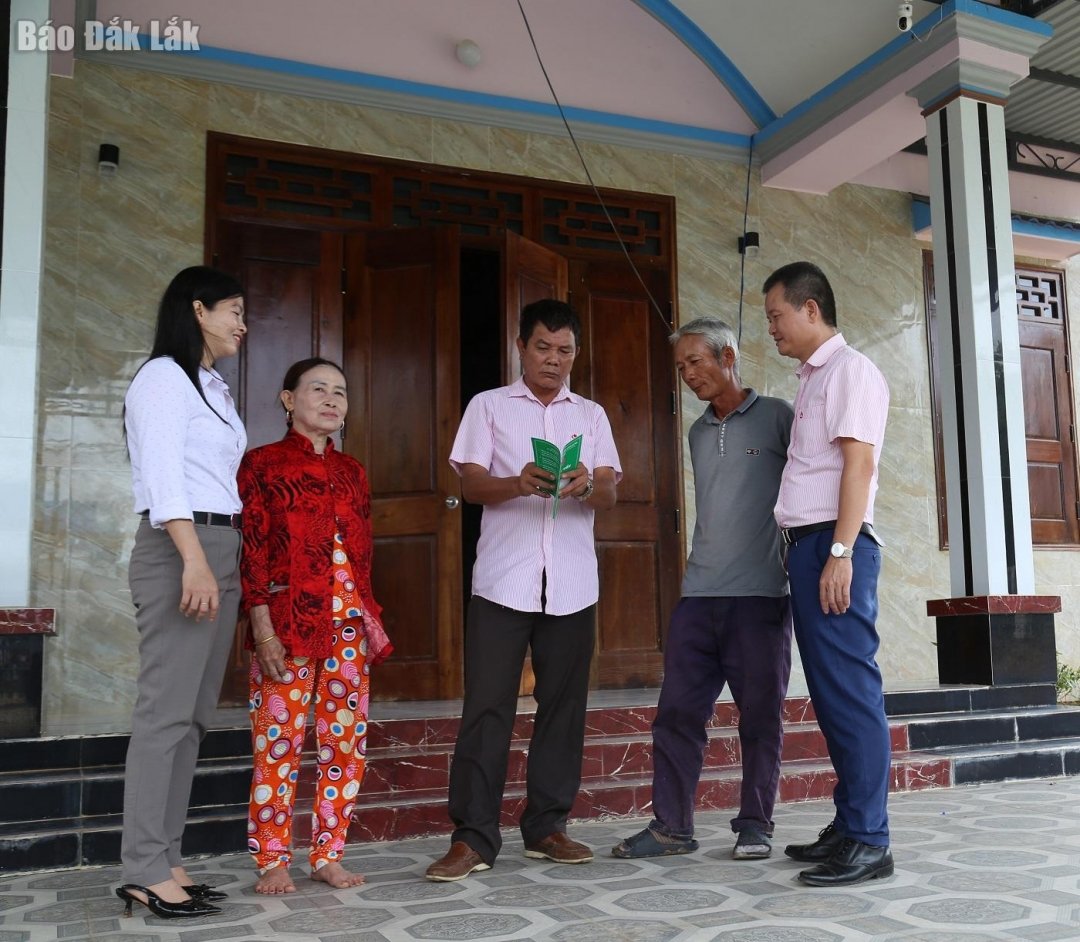

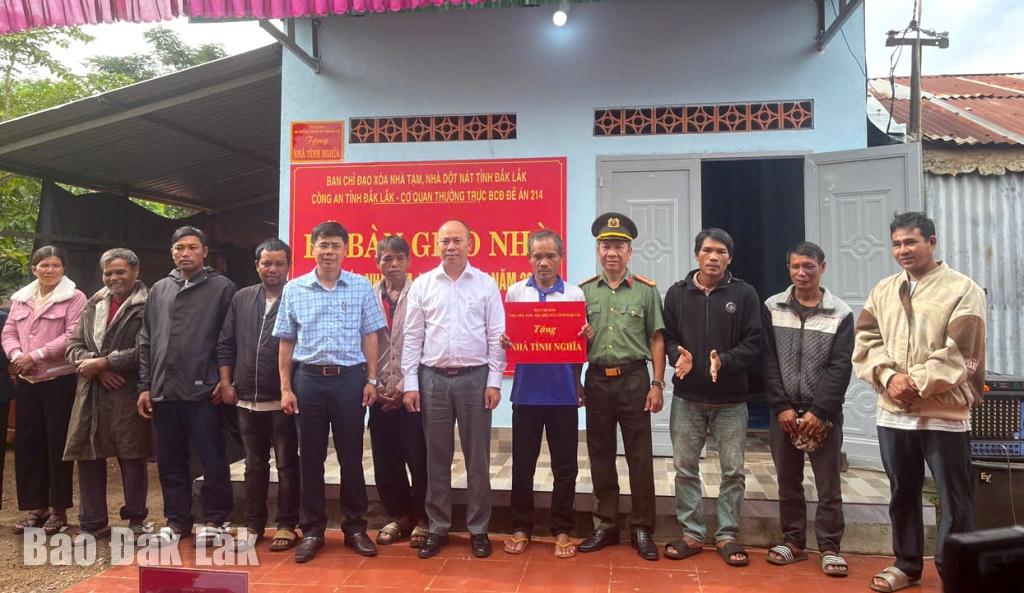




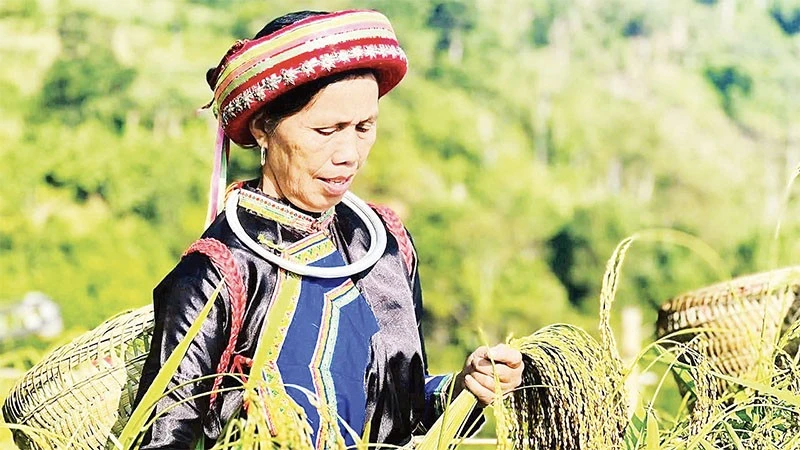

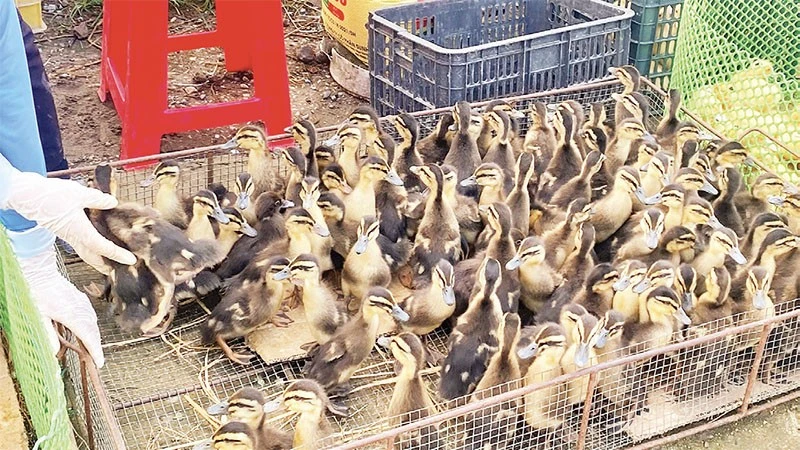









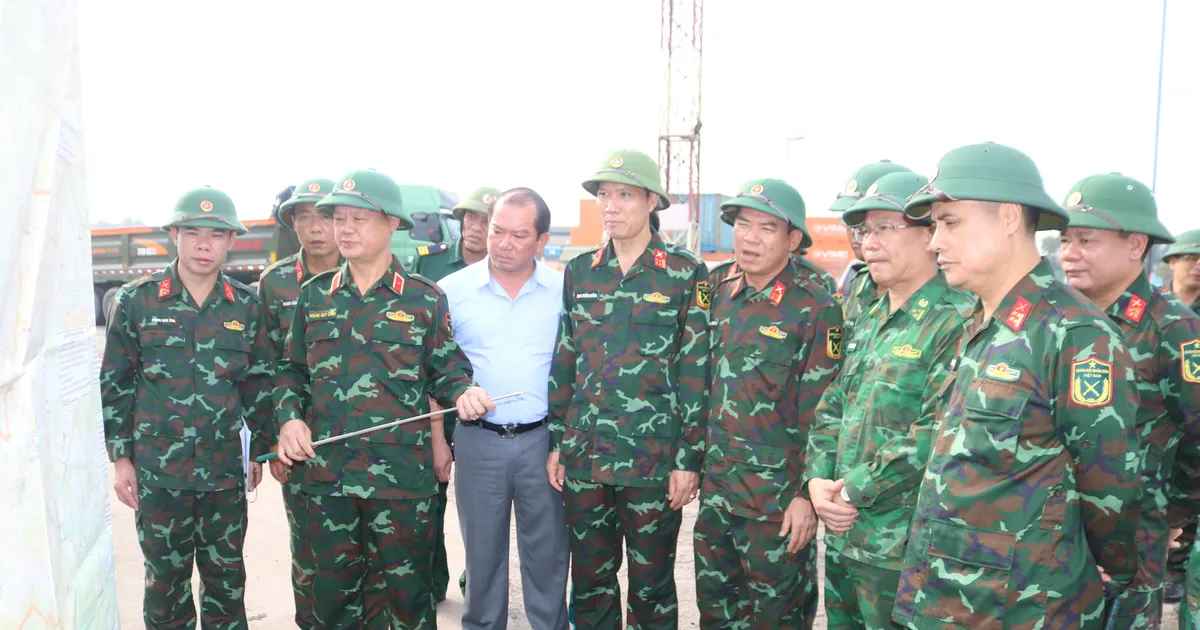













































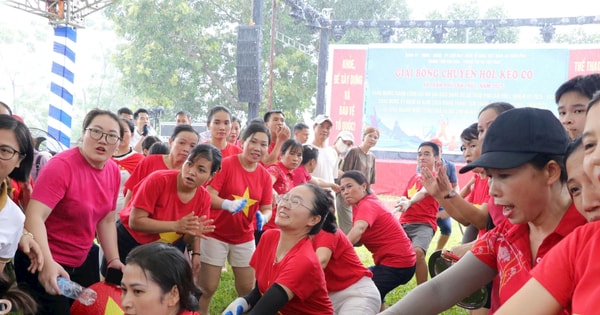

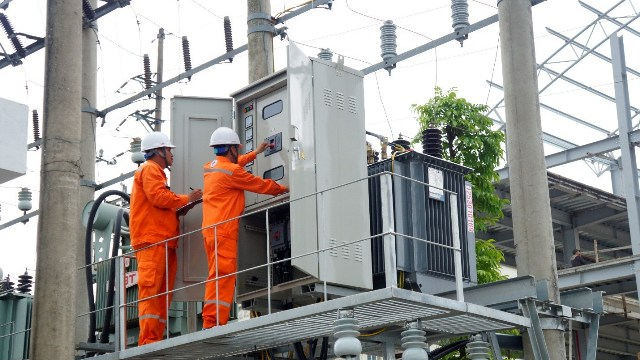



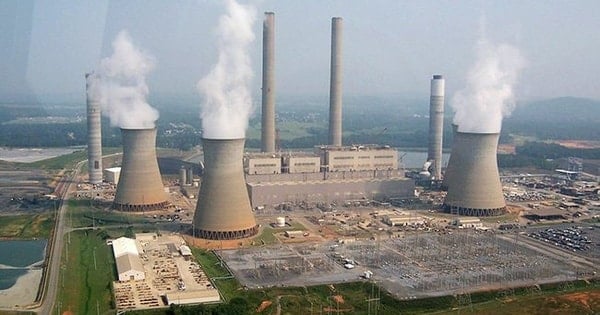

















Comment (0)